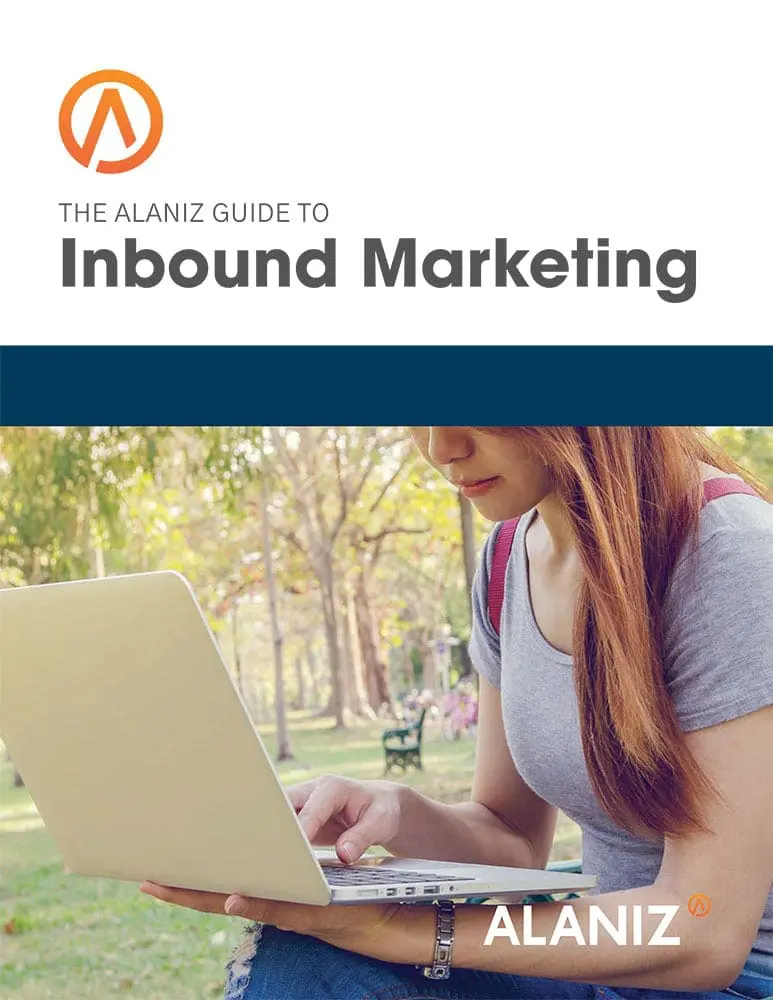If you’re building a website with inbound marketing strategies and tools to attract visitors to your website and nurture them from visitor to lead to opportunity to customer, you’ll want to work with a web design agency that understands inbound marketing. That’s a bit different than an inbound marketing agency that occasionally does web design–your inbound strategy and your website should be tightly intertwined. There are a few things to look for to discover if a web design agency understands and can enhance your inbound marketing strategy.
- They do inbound themselves. The best sign that a web design firm understands and can support your inbound marketing efforts is that the agency uses inbound marketing for its own business development. They should be able to speak from experience about what has worked for their business as well as other clients. It also gives you more confidence that everything you need for an effective inbound-oriented website will be implemented correctly.
- SEO knowledge. SEO is the foundation of inbound marketing, and many web design issues factor into engine rankings. Page speed, mobile friendliness, and user experience are a few of the signals that are increasingly important to search engines and that are directly related to web design. Even code quality can impact search engine results as bloated code can slow down page loading times. Slow websites are downgraded by search engines and abandoned by visitors.
- Run some tests. Evaluating an agency’s websites can be tricky because most of us have some preconception of what a “good” website looks like. Much of this is subjective–color choice, page layout, image quality, etc. You can’t always prove any of these elements attracts more visitors. However, you can measure things like page speed and mobile friendliness on sites like Pingdom, and Google’s Mobile-Friendly Test. Run some sites that the agency has designed through a few of these tests to see if they pass muster. The only caution here might be the age of the site–if it was designed a few years ago, it may not have been built in accordance with current search engine algorithm best practices.
- Theme experience. If you’re using WordPress or Drupal or some other open source CMS for your website, the web design agency will likely have a range of “themes” they prefer to work with. Themes are pre-packaged templates that give you a head start in web design by providing the basic architecture of a site, with customizable page layout options and built-in modules like ecommerce integration and blog designs. The alternative is to build your entire website from scratch via manual coding, which will be much more time-consuming and expensive. Look for a firm that has some opinions about the themes it uses and that the reasons make sense for your business.
- Hosting. One sure sign that a web design firm is serious about websites is if it offers hosting services. Design agencies that host websites take responsibility for the ongoing performance and security of your website. If your website is critical to your business operations you’ll want a premium hosting service that offers dedicated bandwidth so your site is not slowed down by other sites you share space with; ongoing theme and plugin updates, content delivery networks for high-speed access in every geography; and caching to further enhance performance. All of these factors make your website more attractive to users and to search engines.
Building a website is like building a house–emotionally and logistically. It can be exciting or frustrating, efficient or erratic, on-time or delayed, on or off budget, and the end result can be something you love or regret. Look for these attributes in your search for a web design firm that will support and improve your inbound marketing efforts. For more information about web design check out The Ultimate Guide to Web Design and Development.




